
The key to having a good relationship with a Dalmatian, whether he is a member of the family as an older dog or comes as a puppy from a litter, is in the amount of attention and affection with which you establish boundaries of behavior. They are eagerly responsive to attention, games, praise and positive training. However, they have a sharp memory for negative or harshly corrective actions. They will respond much more readily to rewards for approximating desired behavior than being forced into the position or posture you wish them to assume.
The difference between holding out a reward until they sit versus pushing down on their hindquarters while pulling up on their lead and commanding them to "sit!" lies in two critical areas. They will more readily and consistently respond to a "sit" command taught through play learning, and they will not start calculating how they can avoid you or avoid sitting, or get back at you for the "pushy" approach.
No dog is happily responsive to abusive training practices, but the Dalmatian has a peculiarly sharp memory for affronts. If they have had a bad experience learning how to sit, they are almost certain to resist other obedience lessons which take on the same manipulative tone.
Many people think that Dalmatians have nervous temperaments, excessive energy and are hyper. This generalization is unfair to the breed, because good temperament has been a specific focus of breeders for the last twenty years. There is little question that in any planned breeding program, you can select for bad temperament just as you can select for good temperament. Parentage, pedigrees and the variety of genetic possibilities force breeders to contend with that possibility. It is one of the conscious considerations in every breeding decision.
There is no question that Dalmatians get excited when someone comes on the property or to the door. They want to be the first one there to check out the visitor. Proper training will take care of any barking or control problems in this area, but guests who are greeted in this manner, especially those who have heard that Dalmatians are "hyper," could easily confirm what they have heard by the excitement they first see. Hopefully, they will stay long enough to see the excited greeting followed by the normal pattern, which usually includes acceptance followed by settling back down for a snooze under the table.
If Dalmatian puppies have been raised in a calm environment with their mother; if they have been touched, petted and handled regularly by the breeder; if they have been properly vaccinated and wormed; if they have been weaned to a good quality puppy food; if they were taken from their litter by their new owner no earlier than seven weeks of age; and if they were introduced to their new home life with kindness and thoughtfulness, then chances are good that you will not see any behavior abnormalities.
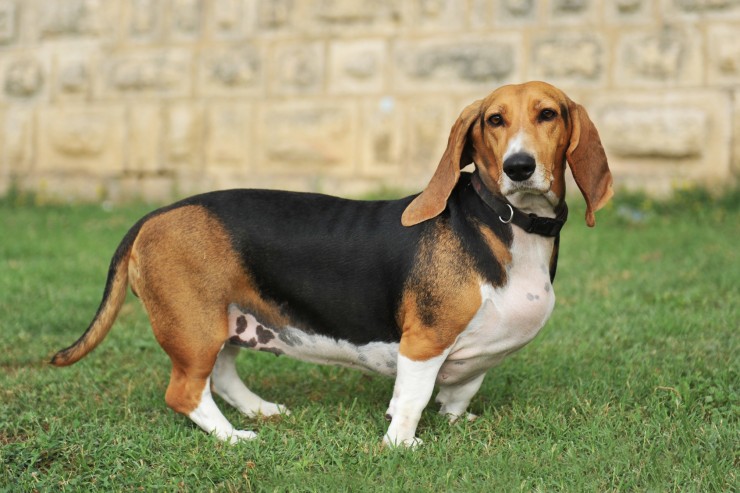 Five Of The Most Common Chronic Health Problems Seen In Dogs
Five Of The Most Common Chronic Health Problems Seen In Dogs
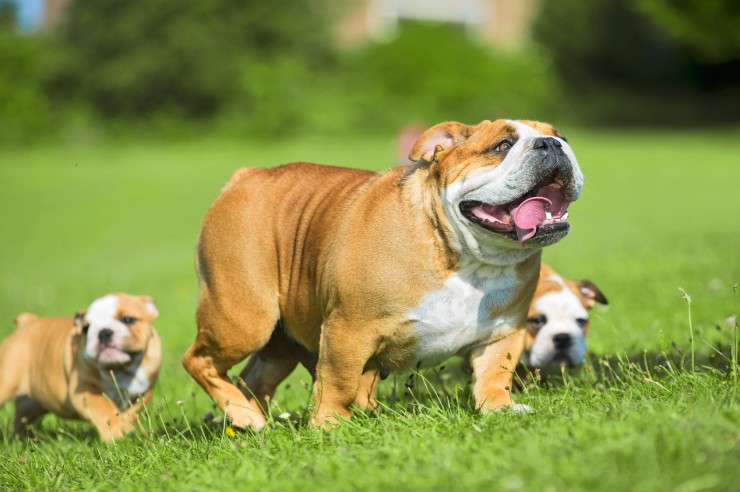 How Old Should Puppies Be Before They Leave Their Mother ?
How Old Should Puppies Be Before They Leave Their Mother ?
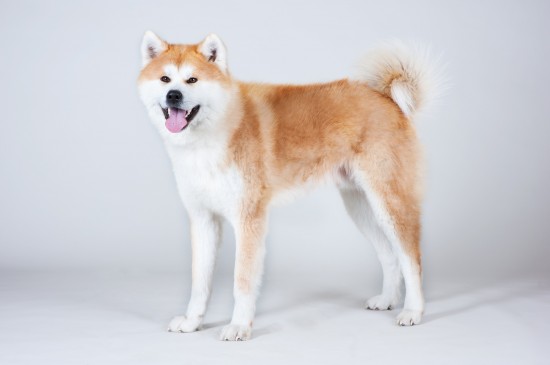 Japanese Akita Inu Dog Health And Longevity
Japanese Akita Inu Dog Health And Longevity
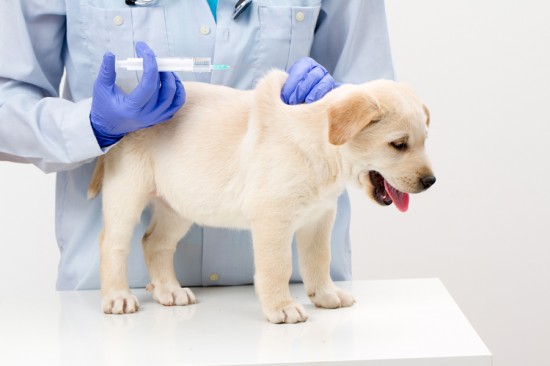 The Importance Of Vaccinating Your Dog
The Importance Of Vaccinating Your Dog
 5 Mistakes Cat Owners Often Make
5 Mistakes Cat Owners Often Make
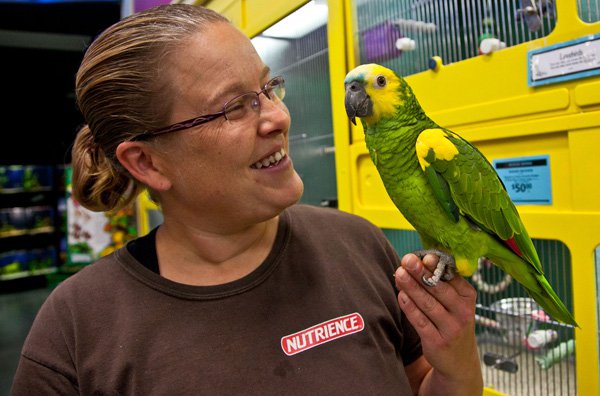 Choose Best Automatic Pet Feeders Interms Of Design, Setup, Cleaning
Choose Best Automatic Pet Feeders Interms Of Design, Setup, Cleaning
 Adopt A Cat And Get A Gift
On 9 June, I read on Google news a very unusual announc
Adopt A Cat And Get A Gift
On 9 June, I read on Google news a very unusual announc
 Booking a Room in Pet Friendly Lodge - Check These Important Things First
Booking a Room in Pet Friendly Lodge - Check These Importa
Booking a Room in Pet Friendly Lodge - Check These Important Things First
Booking a Room in Pet Friendly Lodge - Check These Importa
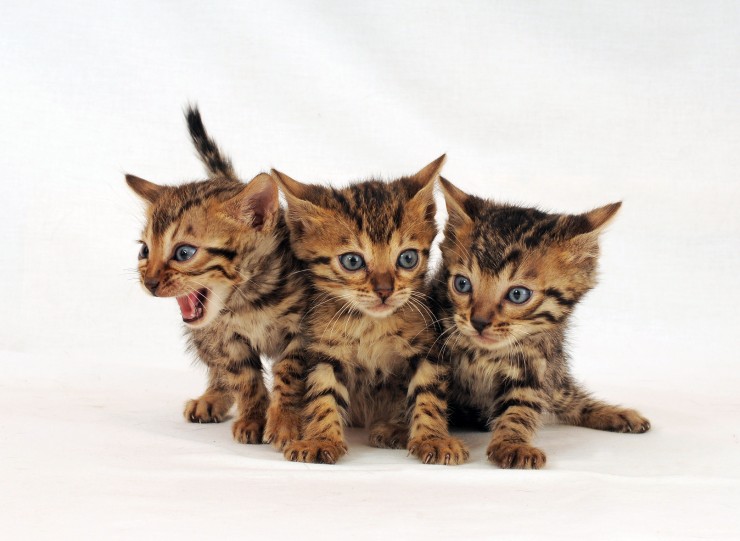 Cat Breeding - Helping Your Kittens To Grow Up
Cat Breeding - He
Cat Breeding - Helping Your Kittens To Grow Up
Cat Breeding - He
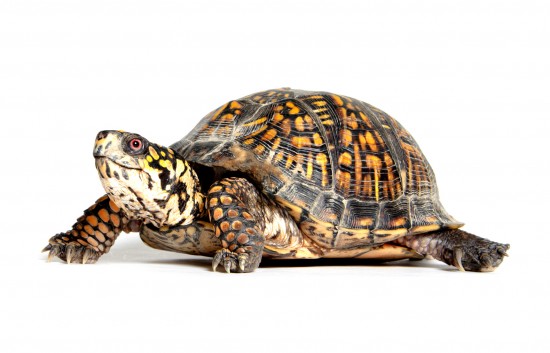 5 Common Species Of Terrapins That Make Great Pets
5 Common Species
5 Common Species Of Terrapins That Make Great Pets
5 Common Species
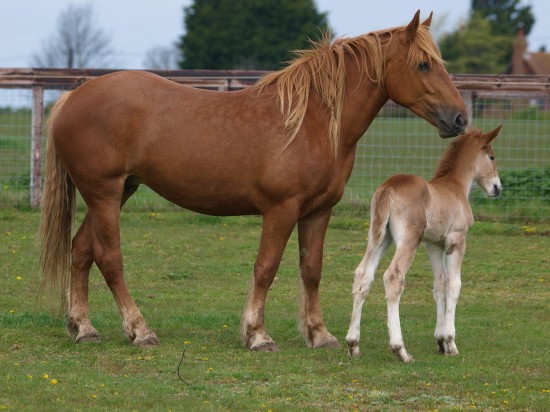 Ten British Horse Breeds Facing Extinction
Ten British Horse
Ten British Horse Breeds Facing Extinction
Ten British Horse
Copyright © 2005-2016 Pet Information All Rights Reserved
Contact us: www162date@outlook.com